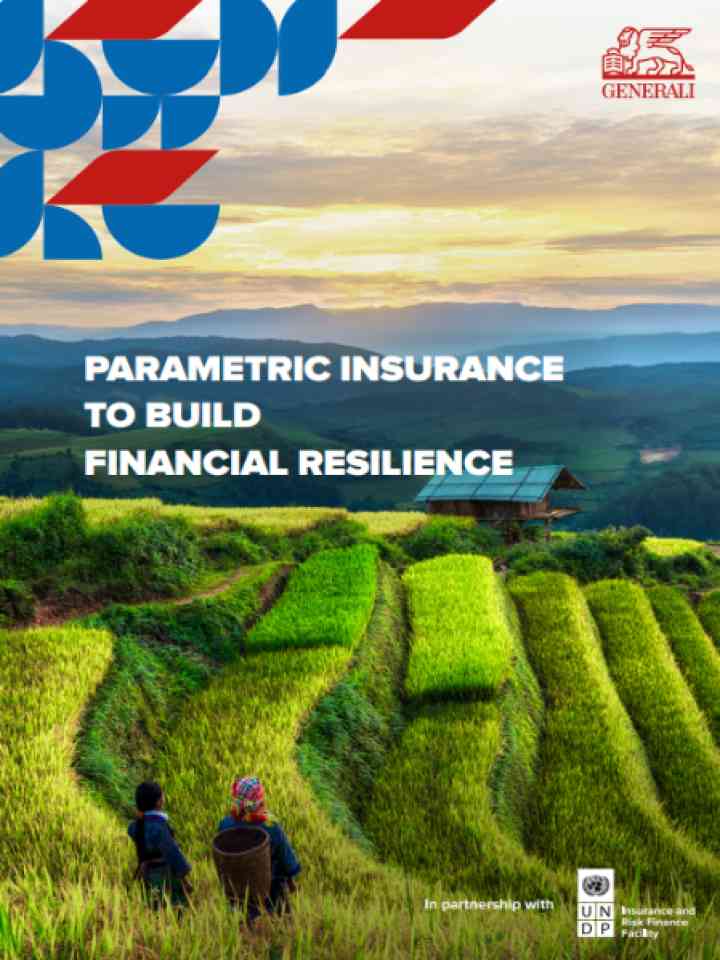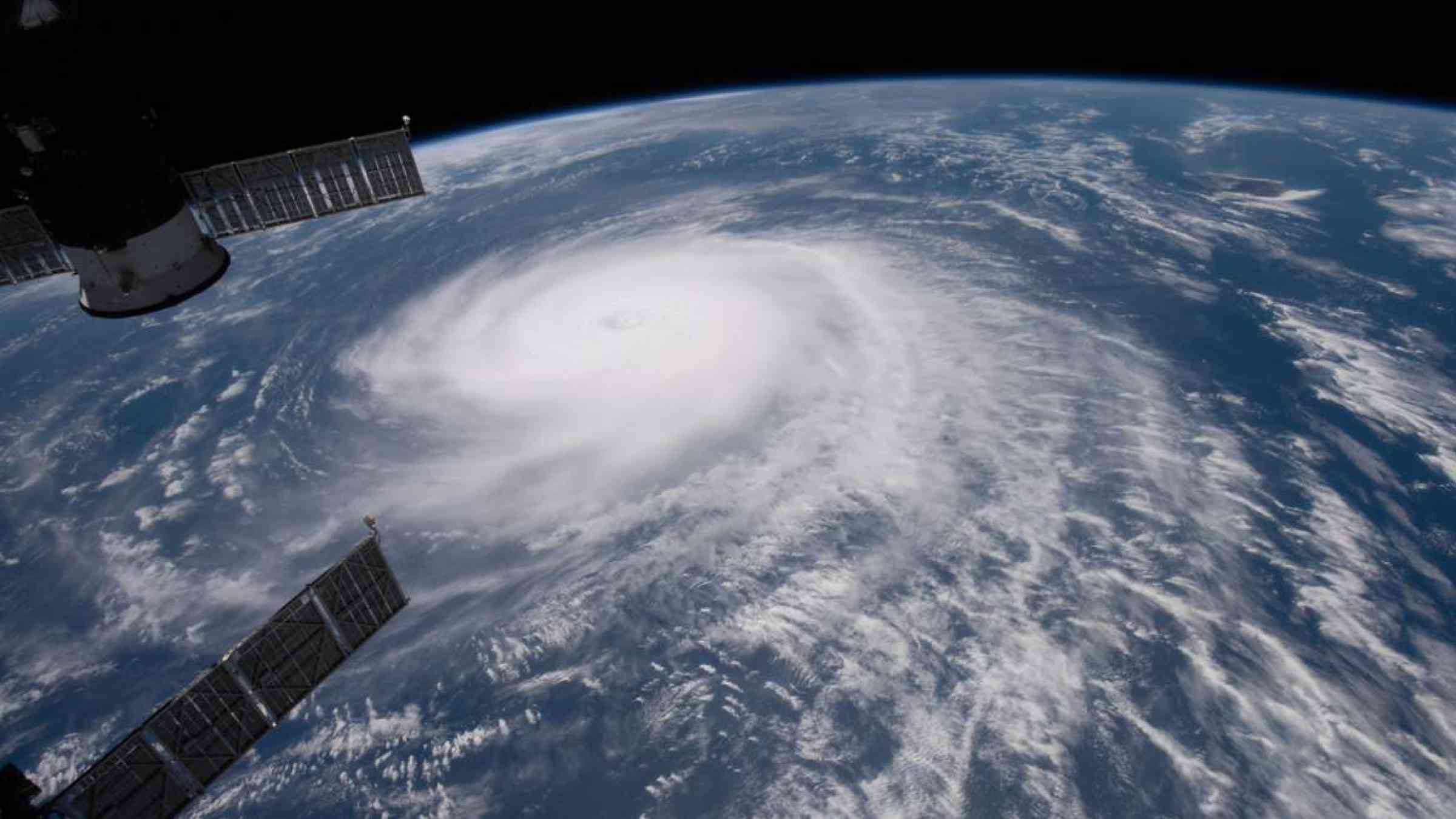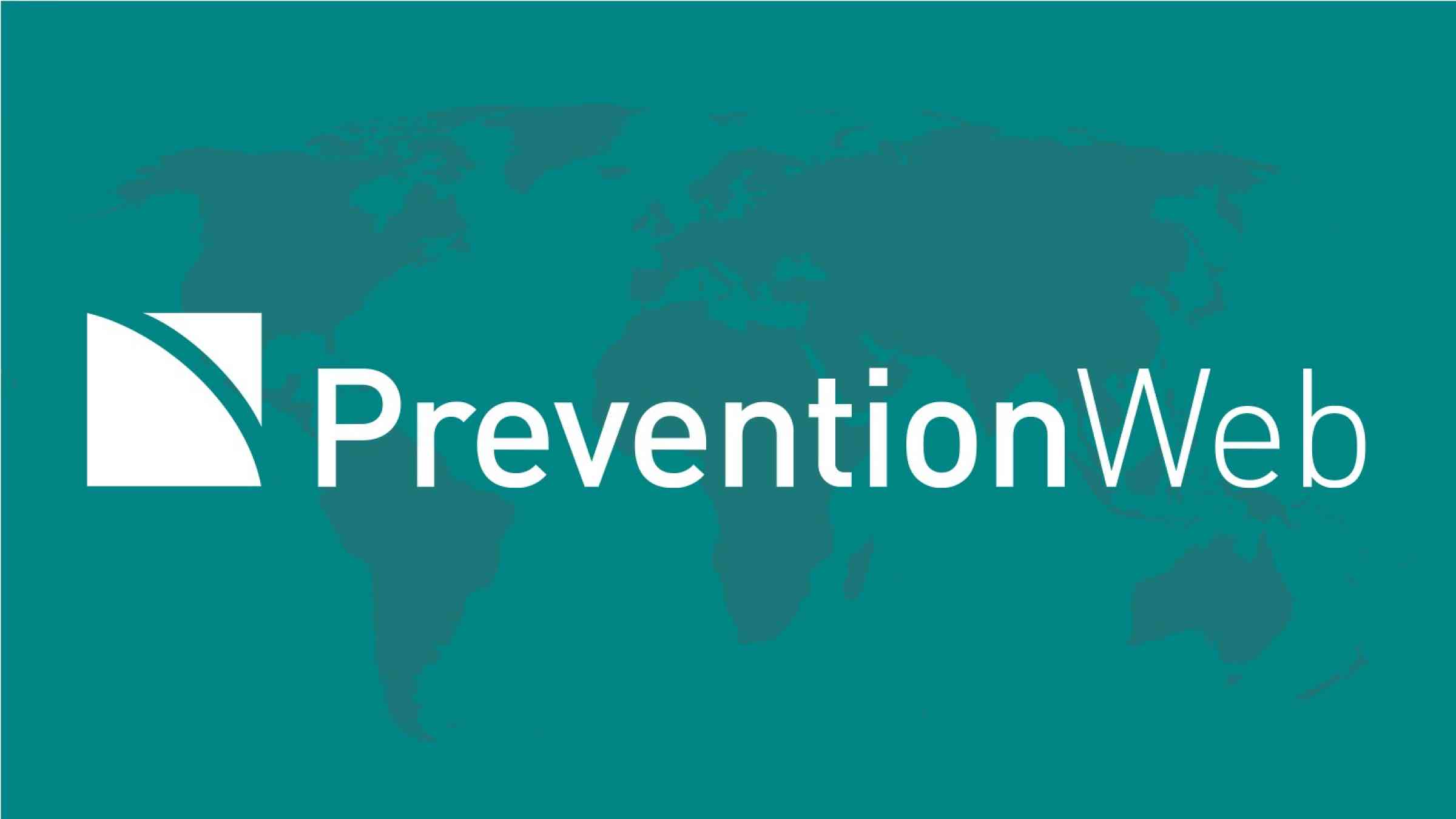Insurance & risk transfer
The process of formally or informally shifting the financial consequences of particular risks from one party to another, whereby a household, community, enterprise or State authority will obtain resources from the other party after a disaster occurs, in exchange for ongoing or compensatory social or financial benefits provided to that other party.
This theme covers aspects of disaster risk financing, catastrophe bonds, financial resilience, and micro-insurance.




